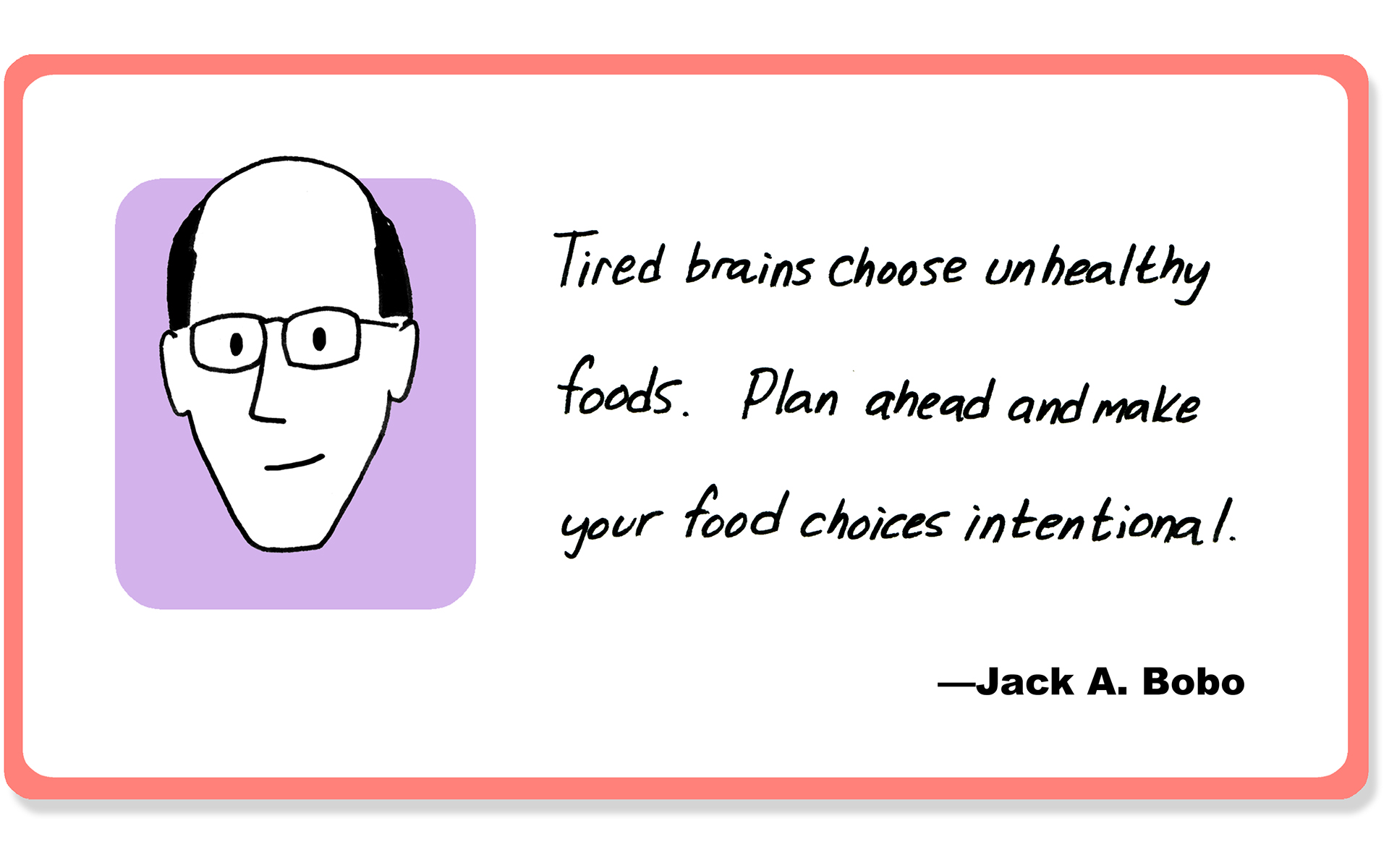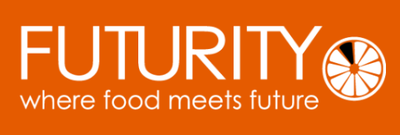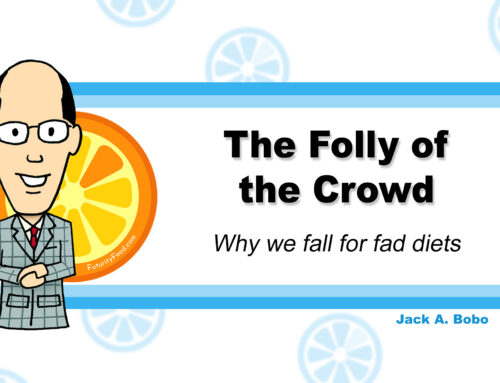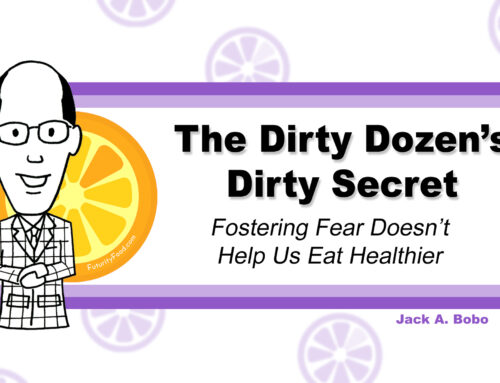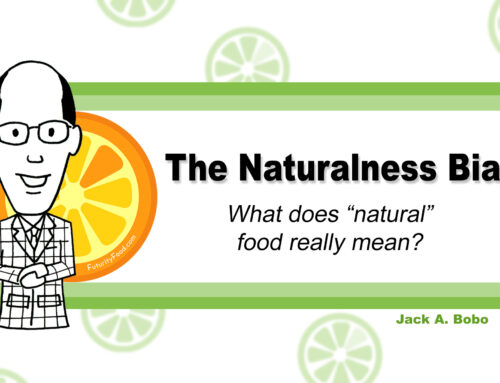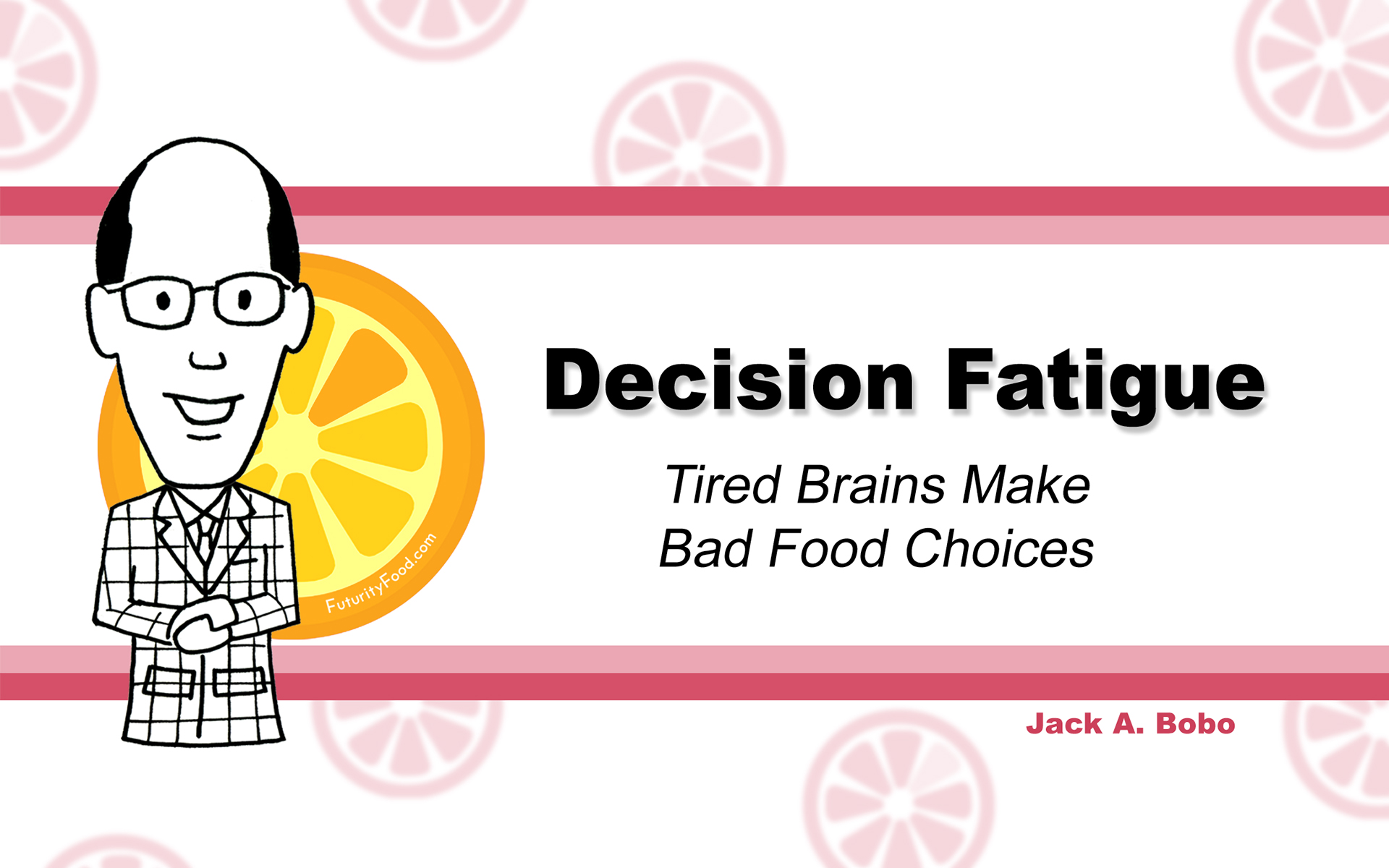
Why Do We Make Bad Food Choices?
It’s seven o’clock in the evening and you make your way through the grocery store aisle, trying to remember the items on the shopping list that you left on door of the refrigerator. Half the items in your cart weren’t on the list, you’re pretty sure of that, but it’s dinner time and the snacks are looking pretty good. As you check out you drop a Snickers on the belt. You haven’t had one in a long time, so you treat yourself. As you pay the cashier, you recall… there’s a reason you’re not supposed to shop for food when you’re hungry.
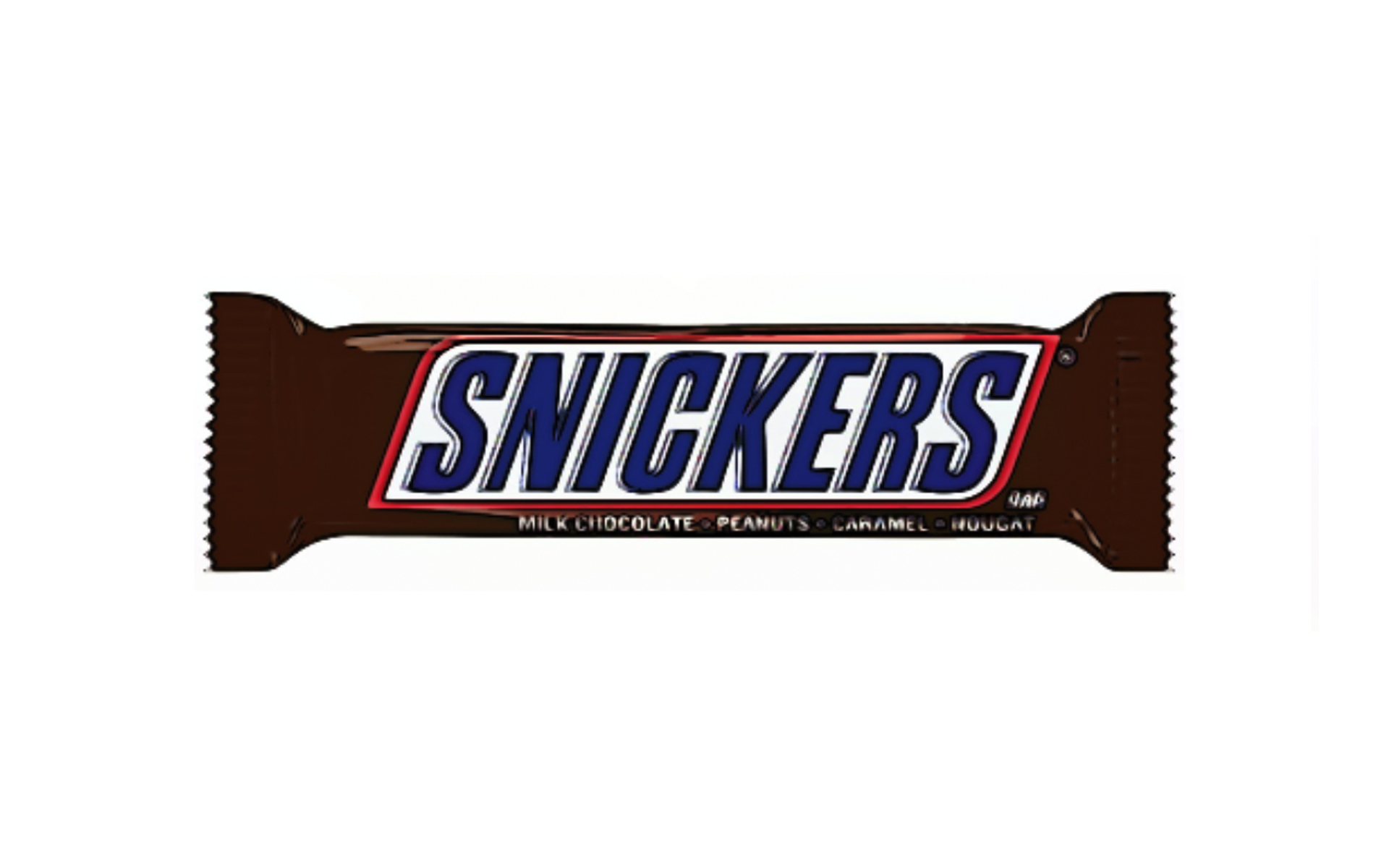
Nobody wants to overeat. We all understand that overeating can lead to weight gain, obesity and chronic diseases, and that we should be thoughtful and deliberate in our choices of what to buy and consume.
Reflex Decision-Making
Many of us think that the decisions we make are under our control, but the truth is that they often aren’t. In the real world of our daily lives, many important decisions are made automatically, or by reflex, without much thought. Too often, these quick decisions actually run counter to our stated goals or deepest desires. We can blame it on our brains.
According to Daniel Kahneman, Nobel Prize laureate and author of Thinking Fast and Slow, we have a fast-thinking part of our brain and a slow-thinking part. The fast-thinking part gets us through our days, making gut decisions about most of the choices we have to make. The slow- thinking part does the heavy lifting when it comes to deep consideration and hard decisions. It also does the math. The slow-thinking part is lazy. It won’t do the deep thinking unless it has to. It’s also easily fatigued.
Healthy Food Choices Require Careful Thought
Making choices about what to buy and eat may not be as tough as designing nuclear reactors or calculating the flight trajectory of a rocket, but it still takes a mental toll. The human brain gets tired after an intense round of decision making or after a long day of making choices. When this happens, our brain leans towards whichever option feels easiest—and this is seldom the best choice for our health. The good, healthy choices tend to require thoughtful consideration.
We all have a lot on our minds these days, and we are already overwhelmed with too many choices. Who’s going to pick up the kids, drop off the dry cleaning, get the gas, decide on dinner; the list is endless. When it comes to shopping, it’s often too difficult to check all the labels and research each product we put in our cart at the grocery store.
If it feels like things are getting harder, it’s because they are. And it’s not just because our lives have gotten busier (though they have); it’s because we are faced with so many more choices today than we ever had in the past.
Confirmation bias influences many of our food decisions. From the products we buy to the brands we follow, our perceptions, likes, and dislikes are shaped by our existing biases. This make it difficult for new facts to filter through to our conscious mind and inform our decisions.
Food Choices Today Are More Complex Than Ever
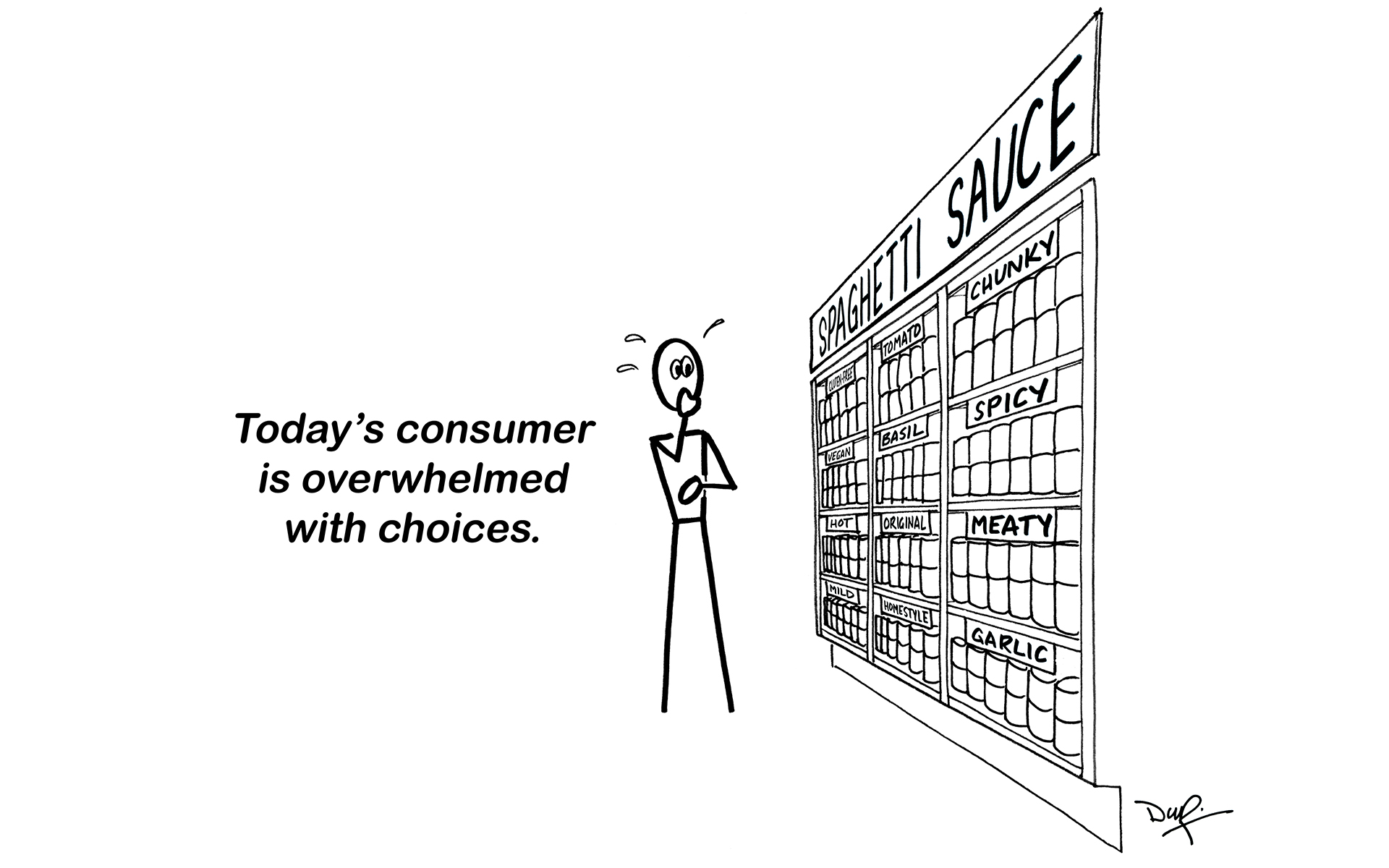
Online Grocery Shopping Adds Further Distraction
Yet another layer of complexity is added by the popular new wrinkle of online grocery shopping. Most of us are still going to the brick-and-mortar stores to buy our groceries, but online food and beverage sales are rising, and Nielsen Total projects that by 2025 they will hit $143 billion, accounting for a substantial 18% of all grocery shopping. There’s infinite room on the virtual shelves, which has the potential to really overload consumers already dizzy at the variety available today.
How online shopping will affect the healthiness of our food-buying choices is anybody’s guess at this point, with the phenomenon being too new for good data to be available. Pre-packaged guilty snacks are easy to purchase via on-screen icons, whereas healthy vegetables are best selected by hand in person, so online buyers may be more likely to delay their vegetable purchases until they have time to visit the stores themselves. The trends are not clear yet, but there’s no question that the online environment is even more visually “noisy” and filled with distractions than the real world of the physical grocery aisles.
Social media floods the online space with information, misinformation, and disinformation, contributing to the decision-making dilemma. Our social behavior has fundamentally changed with the advent of the Internet, altering the ways that we connect as humans, and impacting our herd behaviors in ways that definitely affect our diet choices. We far too often choose our diets because they are popular rather than because they are effective.
Tired Brains Make Poor Decisions
According to Deborah Cohen, author of A Big Fat Crisis: The Hidden Influences Behind the Obesity Epidemic—and How We Can End It, “We have a limited thinking capacity, so as we use our brains more and more, our ability to think carefully and calculate and analyze is worn down.” Even if we don’t arrive at the supermarket hungry, we can only spend so much time figuring out what to buy before our brains become overloaded and we begin to make quick decisions based on the superficial characteristics of food, notably appearance, convenience, or labels.
Supermarkets are aware of the mental toll that shopping takes, which is why they sell candy and chips at the cash register. Impulse buys mostly happen when our guard is down. Psychologists refer to this phenomenon as decision fatigue.
Decision fatigue refers to the deteriorating quality of the decisions we make after a long session of decision-making. Intuitively, the concept makes good sense, but is there evidence that we can get worn down and make choices we don’t really want to make?
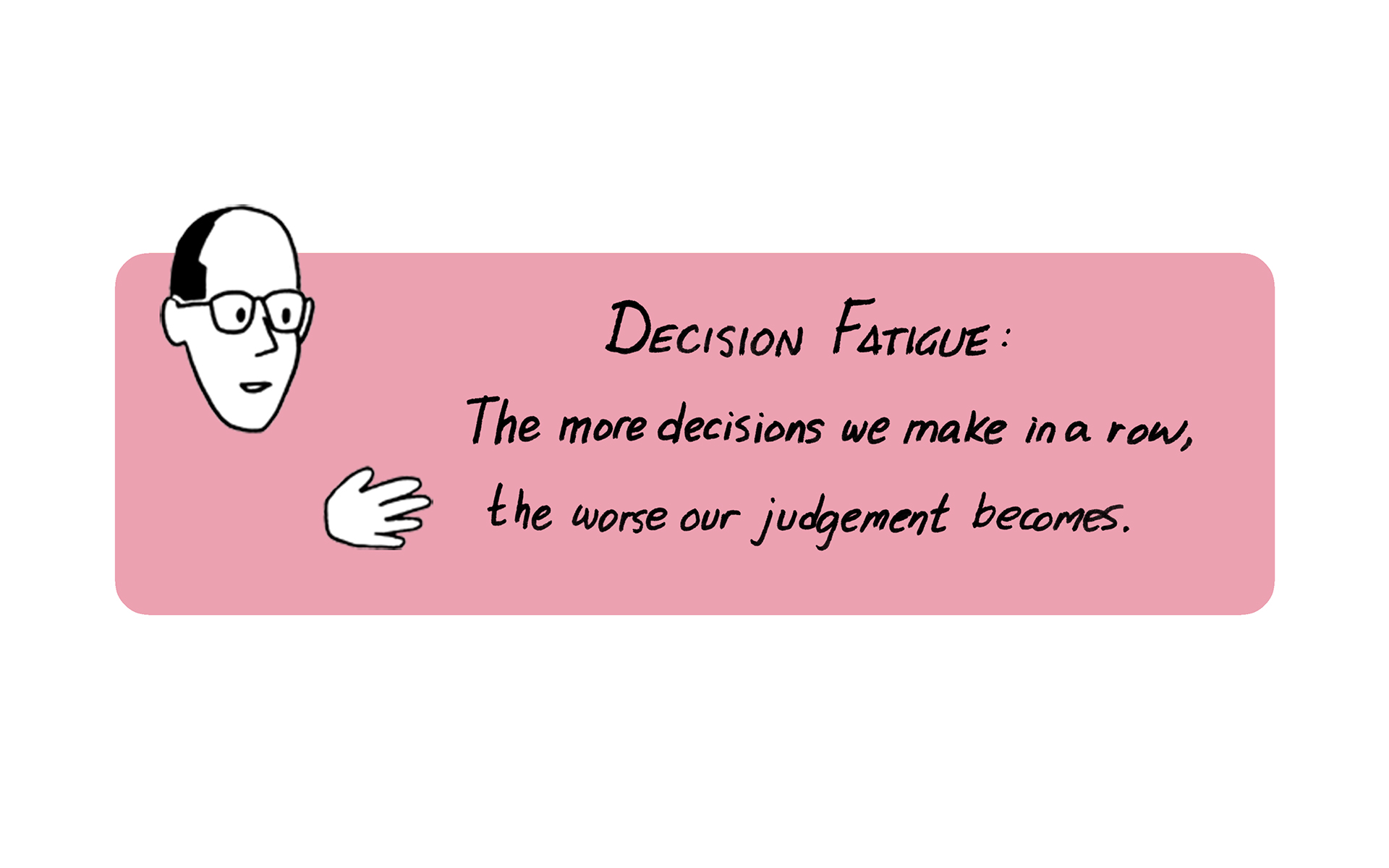
Decision Fatigue Leads To Unhealthy Food Choices
It turns out there is quite a bit of research on the topic. In one study, researchers asked people to memorize either a 2-digit number or a 7-digit number, and then offered participants either chocolate cake or a healthy fruit salad. The group that had the 7-digit number was much more likely (50 percent) to choose the cake over the fruit salad. It seems that memorizing a bigger number exhausts our mental reserves, making us more likely to give in to an unhealthy food choice impulse.
This kind of thing also occurs when we’re asked to make trade-offs. Having to decide between products with positive and negative characteristics is an energy-draining form of decision-making. A person who is mentally depleted makes very poor choices. Of course, this is exactly what we do when we go shopping for groceries. We make dozens of decisions between fairly similar products. Even when products appear to be identical in terms of nutrition, we still have to compare prices. The price tag only tells part of the story. We also have to check the unit price to be sure which is actually the better buy.
Food choice decision fatigue has further surprising ramifications when we think about how it impacts the rich versus the poor. The less money you have in your pocket, the more time and energy you need to put into every food purchase decision. Rich people don’t have to think long and hard about whether to buy the organic or the conventional tomatoes, or Parmigiano Reggiano cheese instead of Kraft parmesan cheese. There really isn’t any choice for them to make. As a result, the supermarket induces far more decision fatigue in the poor than in the rich—because each purchase requires more mental trade-offs.
After the mental workout that occurs in the supermarket aisles, it wouldn’t be a surprise for someone to pick up that candy bar as they reach the cash register. They no longer have the energy to resist. In fact, by that time many of us are apt to consider it a reward for the hard work of shopping.
Mental Fatigue Also Causes Unhealthy Food Choices
While our ability to make good decisions may be undermined by decision fatigue, our self-control can also be undermined by mental fatigue. Participants in a puzzle-solving study were asked to sit in a room with freshly-baked chocolate chip cookies, but were told not to eat them. Participants in this group gave up on the puzzle after 8 minutes. By contrast, a group allowed to eat the cookies worked on the puzzle for about 20 minutes, about the same as a third group who were assigned to a room without cookies. The thought of the delicious cookies sitting uneaten weighed on the participants, draining their energy and ability to work on the puzzle.
In another study, researchers showed a group of women an emotional scene from the movie Terms of Endearment. Half of them were asked to control their feelings during the scene. The women who were told to suppress their emotions later ate 55 percent more ice cream than the other women!
We Often Make Poor Food Choices Unintentionally
“Decision-making, thinking, concentrating, and exerting self-control uses up our mental energy and makes us more vulnerable to choices we wouldn’t ordinarily make,” Cohen says.
One of the most troubling aspects of this research is that it suggests that the attention placed on food by the diet industry could be leading to decision fatigue and mental fatigue, which, in turn, result not in healthy food choices, but in bad decisions and loss of control. The more the public fixates on food, the worse the problem is likely to become. Given the fact that consumers have never known more about nutrition than they do today, and yet never been more obese, this seems likely to be true.
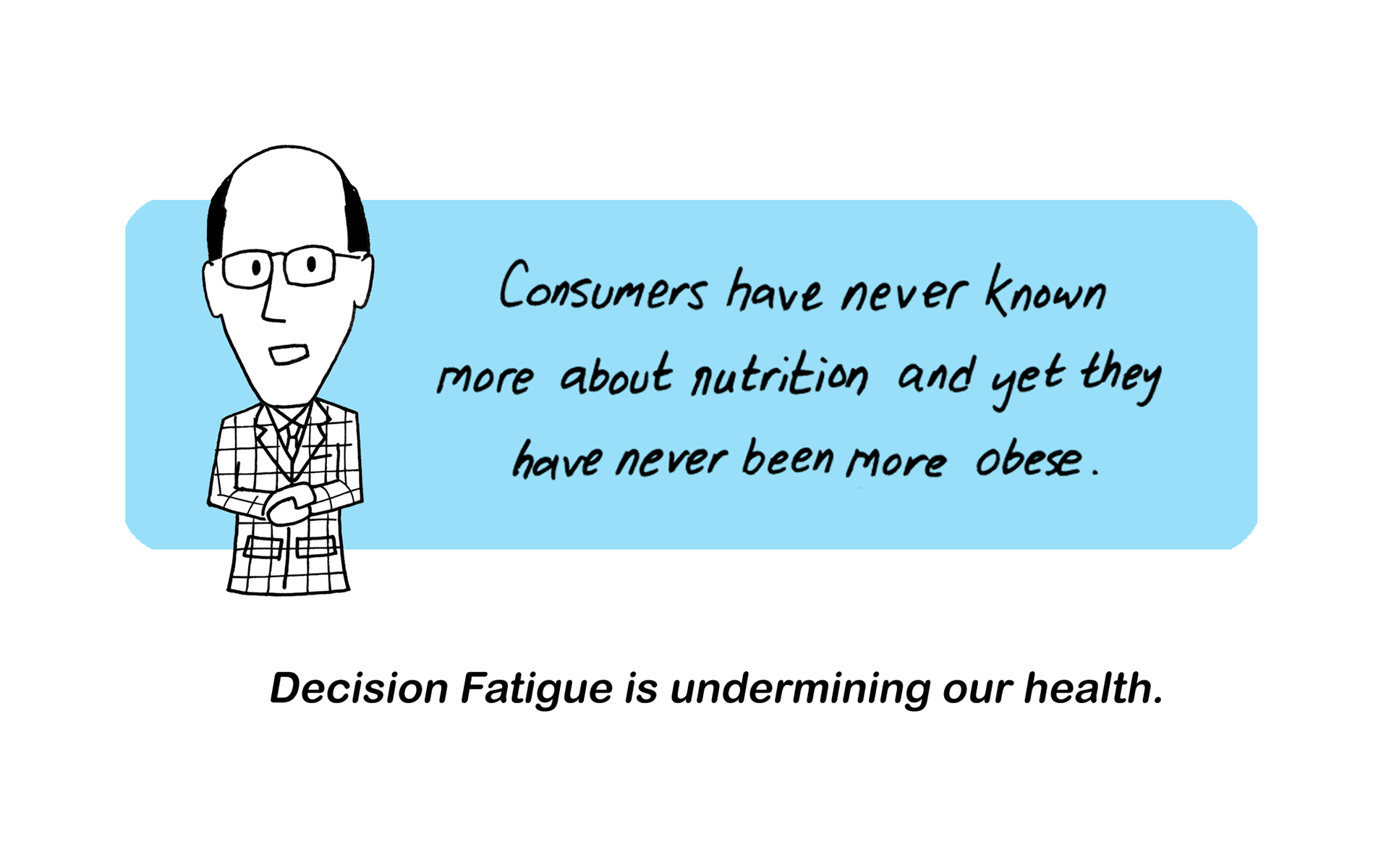
We Can Take Back Control
There are a number of strategies you can use to avoid finding yourself in these situations
• Make important decisions at the start of the day.
• Make strong commitments to pre-scheduled routines like exercise.
• Make a shopping list and stick to it.
• Keep your blood sugar steady.
• Don’t shop when you’re tired or hungry.
Knowing how the brain works gives us power. Certain circumstances are always going to reduce the quality of our decisions, but by planning ahead we can sidestep much of this trouble—and eat a lot healthier in the process.
